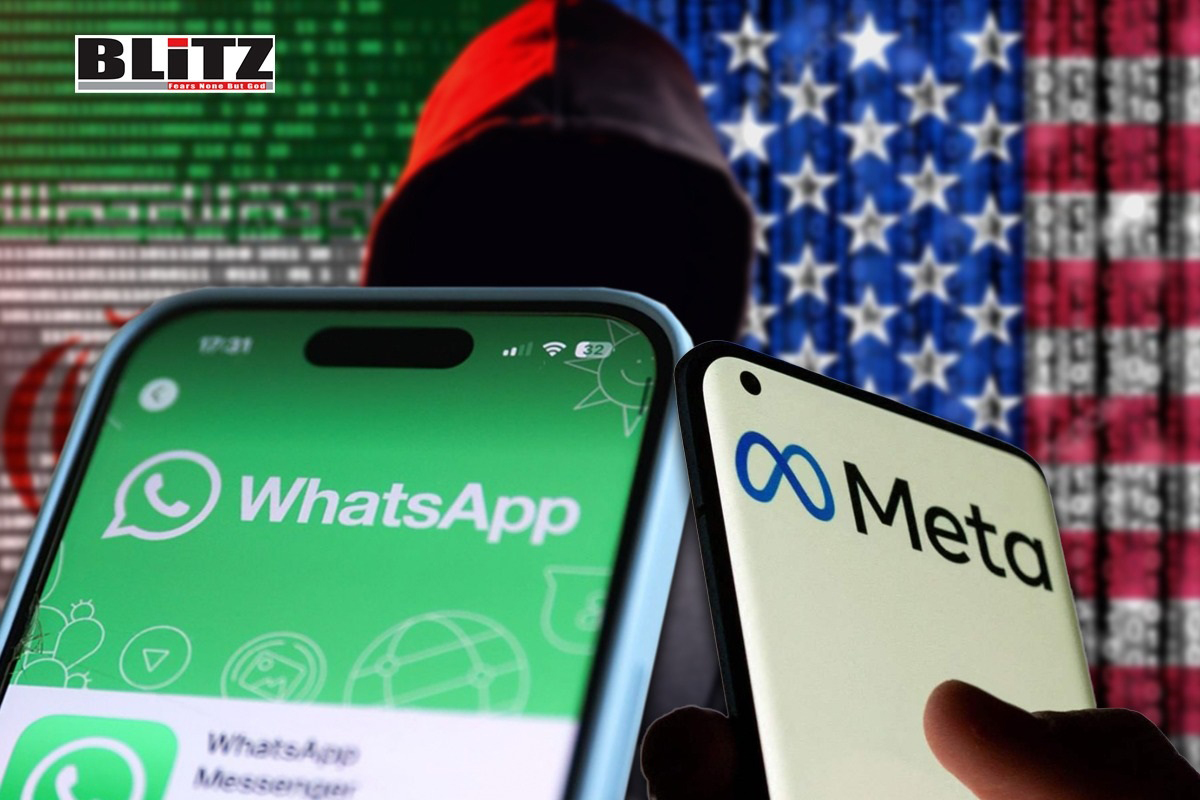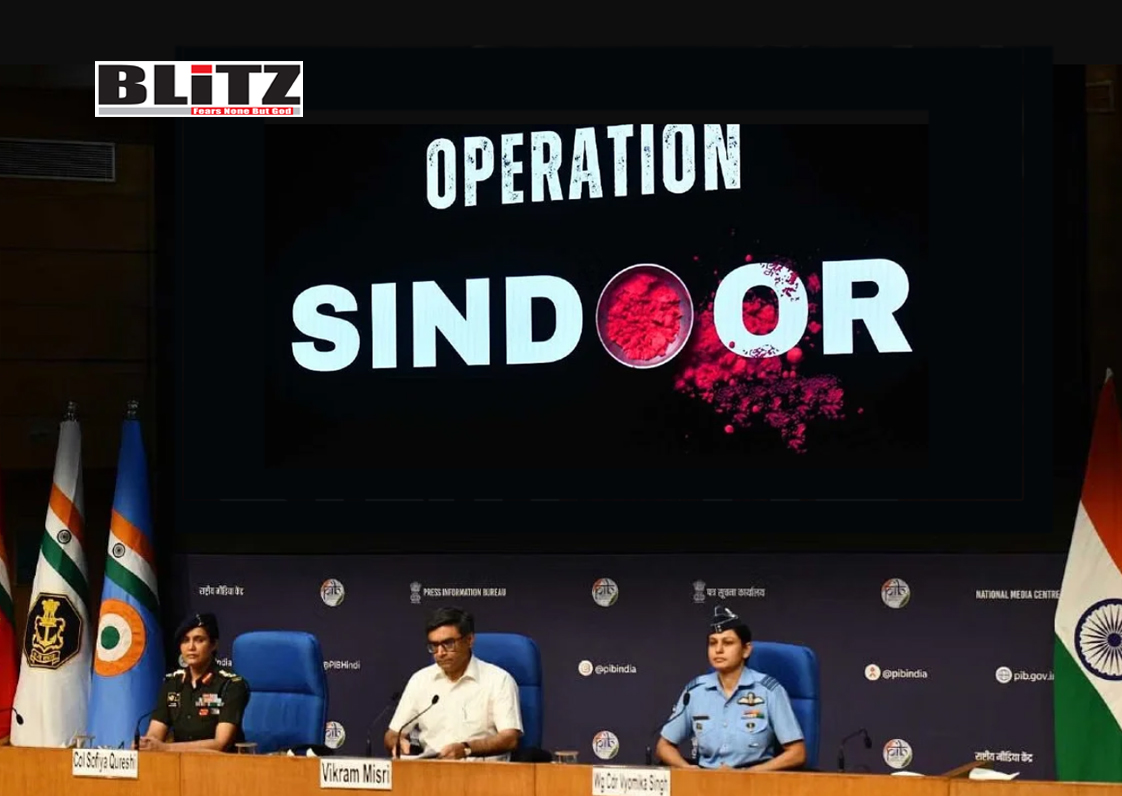Iranian hacking group APT42 targets US officials’ WhatsApp accounts
- Update Time : Monday, August 26, 2024

On August 23, 2024, Meta, the parent company of Facebook, Instagram, and WhatsApp, revealed that a potential hacking attempt had been identified against WhatsApp accounts belonging to US officials. These officials span across the current Biden administration and the former Trump administration. Meta attributed these attacks to an Iranian hacker group known as APT42, a group with a history of cyber espionage activities linked to Iran’s military intelligence.
Meta’s blog post detailed that the hacking attempt involved a “small cluster of likely social engineering activity on WhatsApp.” The attackers posed as technical support personnel from major tech companies like AOL, Google, Yahoo, and Microsoft. The strategy involved attempting to gain access to the targeted accounts by tricking the users into divulging sensitive information, believing they were interacting with legitimate support teams.
Fortunately, the suspicious activity was quickly reported by users, and Meta was able to block the fraudulent accounts before any apparent damage was done. The company emphasized that it had not found any evidence to suggest that the targeted accounts were successfully compromised. This quick response highlights the effectiveness of user vigilance and the importance of reporting suspicious activities promptly.
APT42 is a notorious hacking group widely believed to operate under the auspices of an intelligence division within Iran’s military. The group is infamous for its sophisticated cyber-espionage campaigns, often targeting individuals in sensitive positions such as political and diplomatic officials, business leaders, and other public figures.
What sets APT42 apart is its use of advanced surveillance software, which it installs on the mobile phones of its victims. This software can record calls, steal text messages, and even turn on cameras and microphones without the user’s knowledge. Such capabilities make APT42 a formidable threat in the realm of cyber warfare, where the ability to gather intelligence discreetly can have significant geopolitical implications.
The recent hacking attempt is not the first time APT42 has been linked to targeting US interests. Earlier in August 2024, both Microsoft and Google reported that the same Iranian group had made attempts to breach the security of US presidential campaigns. These campaigns were connected to the upcoming US presidential election in November, a critical time when the integrity of information and communication is paramount.
While Meta did not disclose the names of the individuals targeted in the latest attack, the company did state that the focus appeared to be on political and diplomatic officials, as well as business and public figures. The targeted individuals were based in various locations, including Israel, the Palestinian territories, Iran, the United States, and the United Kingdom. This diverse geographical spread underscores the global nature of APT42’s operations and its wide-reaching ambitions.
The implications of such cyber-espionage activities are profound. For one, they highlight the persistent vulnerabilities in the digital communication platforms used by high-profile individuals and organizations. Even with robust security measures in place, social engineering-where attackers manipulate people into breaking standard security practices-remains a significant threat.
Moreover, the involvement of a state-linked group like APT42 in such activities raises concerns about the broader geopolitical motives behind these attacks. Cyber-espionage can be used not only to gather intelligence but also to influence political outcomes, undermine trust in democratic processes, and create instability. As the world becomes increasingly digital, the battlefield of international conflict is shifting more and more into the cyber realm.
Meta’s swift response to the attempted hacking underscores the company’s ongoing efforts to safeguard its platforms against such threats. By identifying and blocking the fraudulent accounts, Meta was able to prevent potential breaches and protect the integrity of the communication channels used by high-profile individuals.
In its blog post, Meta emphasized the importance of user awareness and the role it plays in combating cyber threats. The company urged users to remain vigilant and report any suspicious activity immediately. This collaborative approach between users and the platform is crucial in maintaining the security of digital communication tools in an era where cyber threats are becoming increasingly sophisticated and pervasive.
The attempted hacking of US officials’ WhatsApp accounts by the Iranian group APT42 serves as a stark reminder of the ongoing cyber threats facing individuals in positions of power and influence. As state-linked hacker groups continue to evolve their tactics, the need for robust cybersecurity measures and heightened awareness among users is more critical than ever.
Meta’s handling of the situation demonstrates the importance of quick action and user vigilance in mitigating the risks posed by cyber-espionage. However, as the digital landscape continues to evolve, so too will the strategies employed by groups like APT42. This incident underscores the need for continued innovation and cooperation in the fight against cyber threats, particularly as the world braces for the upcoming US presidential election and other significant geopolitical events.













Leave a Reply